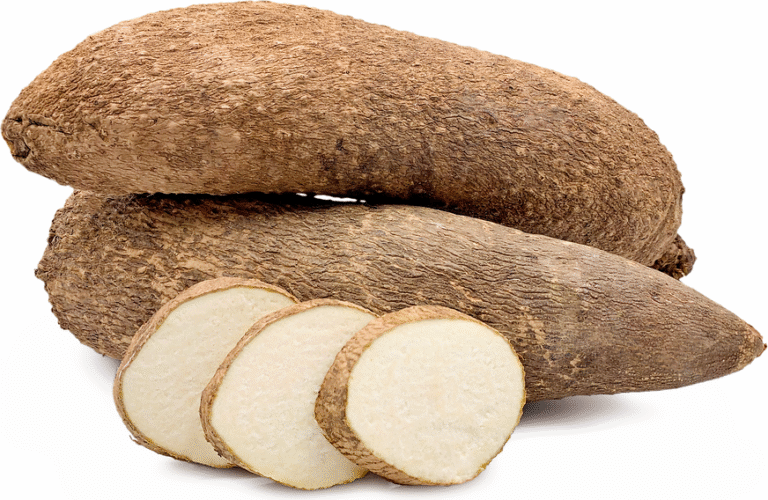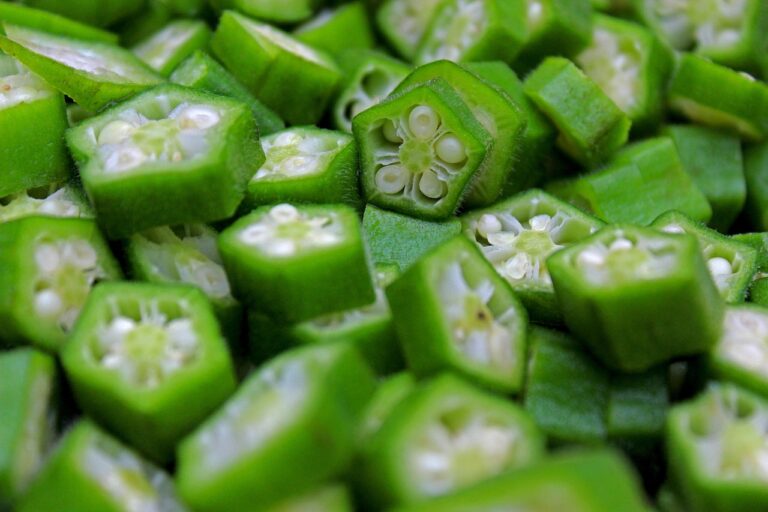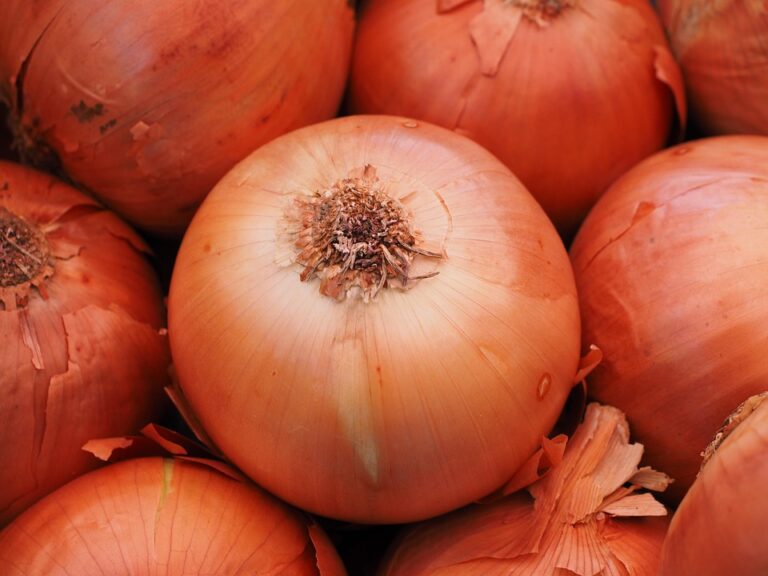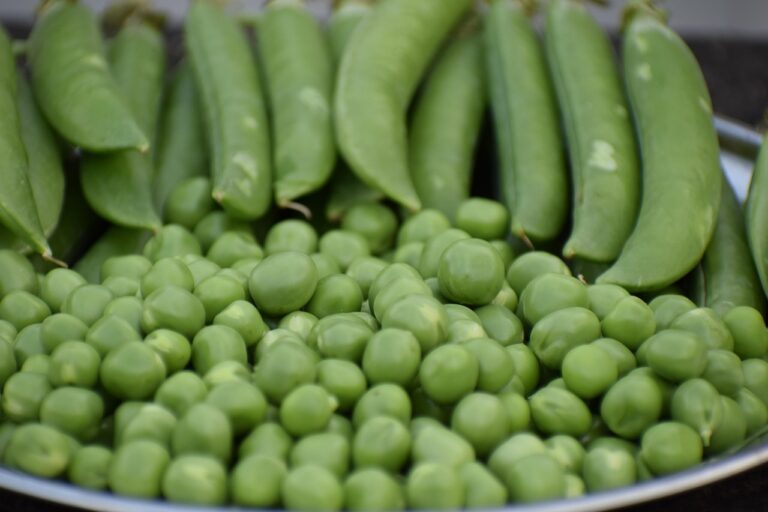Corn Benefits: Nutrition Facts, Uses, and Health Advantages
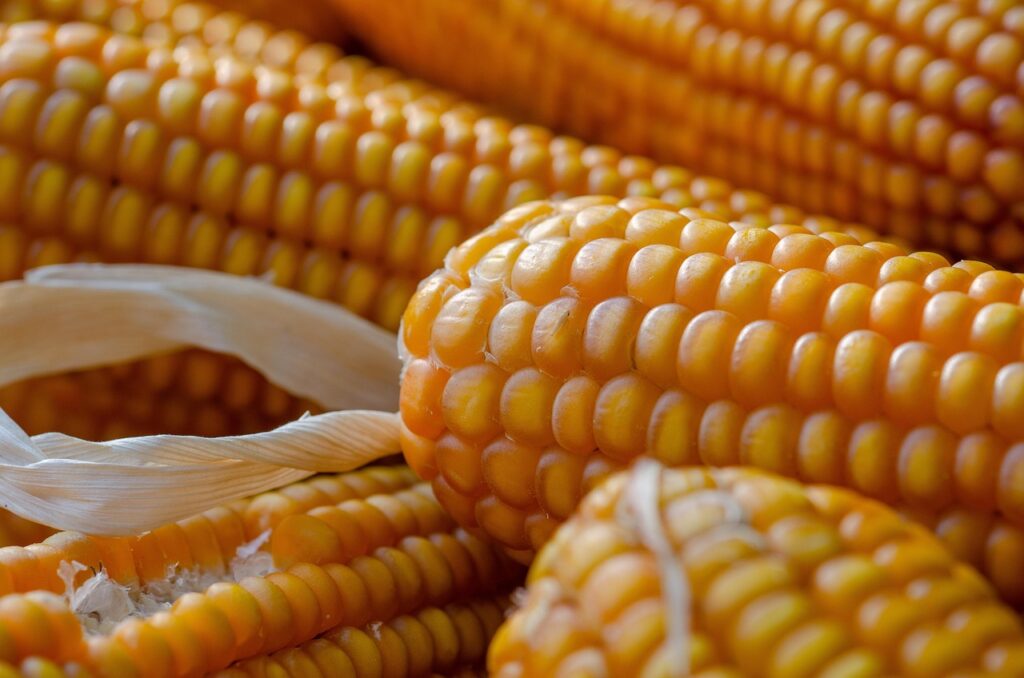
Introduction
Corn, also known as maize, is a staple food enjoyed worldwide. Whether boiled, roasted, or ground into flour, corn is versatile and packed with nutrients. It is rich in fiber, vitamins, and antioxidants, making it not only delicious but also highly beneficial for health.
Corn Nutrition Facts
One cup of cooked corn (about 150g) contains around 140 calories and provides:
- Carbohydrates: Natural energy source.
- Fiber: Supports digestion and gut health.
- Protein: Helps in muscle growth and repair.
- Vitamin C: Boosts immunity and skin health.
- Vitamin B1 (Thiamine): Supports energy metabolism and brain function.
- Folate (Vitamin B9): Essential for cell repair and pregnancy health.
- Magnesium & Potassium: Maintain heart and muscle health.
- Antioxidants (lutein & zeaxanthin): Protect eyes and vision.
Top Health Benefits of Corn
1. Improves Digestive Health
Corn is rich in fiber, which supports digestion, prevents constipation, and feeds healthy gut bacteria.
2. Supports Eye Health
Corn contains lutein and zeaxanthin — antioxidants that protect against cataracts and age-related vision loss.
3. Provides Long-Lasting Energy
High in complex carbohydrates, corn is an excellent energy food for active lifestyles.
4. Boosts Heart Health
Magnesium, potassium, and fiber in corn help lower blood pressure and cholesterol levels.
5. Strengthens Immunity
Vitamin C and antioxidants improve the body’s natural defense system.
6. Good for Pregnancy
Corn contains folate, which supports healthy fetal development.
Ways to Eat Corn
- Boiled or roasted corn on the cob.
- Used in soups, stews, and salads.
- Ground into cornmeal for bread, tortillas, and porridge.
- Made into popcorn — a healthy snack when prepared without excess butter or sugar.
Possible Side Effects
- Overeating corn may cause bloating or indigestion due to high fiber.
- Processed corn (like corn syrup and chips) is high in sugar and unhealthy fats — fresh corn is better.
- People with corn allergies should avoid it.
Conclusion
Corn is more than just a tasty side dish — it’s a nutrient-rich grain that supports digestion, eye health, heart function, and immunity. Adding fresh corn to your diet is a healthy and delicious way to fuel your body.

